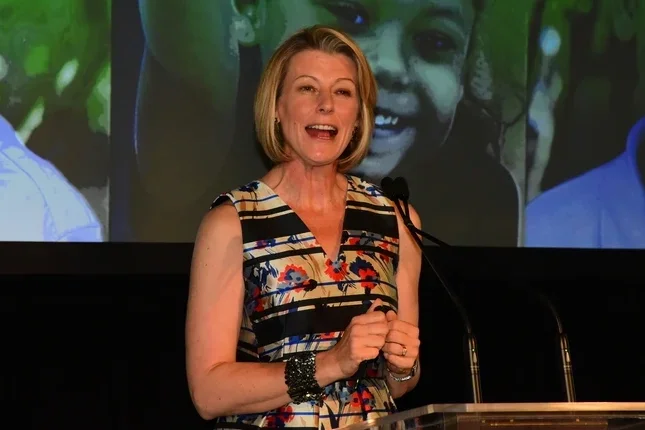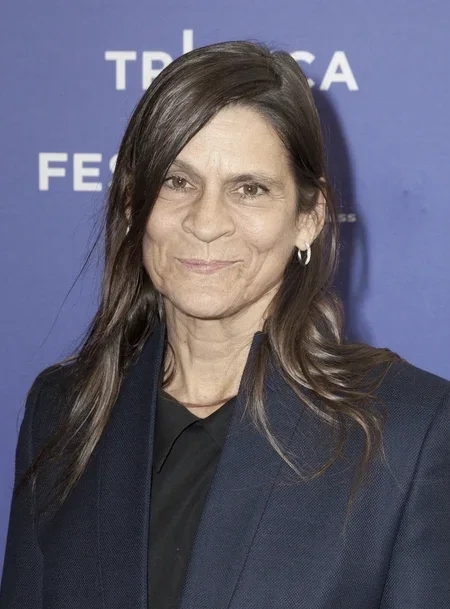
When I speak to James Ward, he’s in a rush. He’s just come off a long call and needs to head to another one. Post-holiday is one of the busiest times of year for a succession expert, he tells me, as his clients look to alter their inheritance plans in the wake of family spats.
Many of us are no strangers to rows with our elders over the dinner table – be it over politics, current affairs, partners or children. But when millions in cash is hanging in the balance, things get complicated.
Ward is head of international law firm Kingsley Napley’s private client practice in London, specialising in succession planning and wealth preservation for high net worth families. His job is to help the wealthy pass their cash and assets on to the next generation and the question he is asked most often is, ‘How do I make sure they’re ready for it?’
That answer isn’t an easy one.
‘The problem is that when you’ve got money, particularly if you’ve made it as opposed to inherited it, you have a proprietorship over that money,’ Ward says.
‘It’s like climbing a mountain, the closer you get to the top, to your death, the more focused you are.’
‘And if you’re the child, you’ve got to watch your step, because they’ve got the power to make or break you.’
Some 85 per cent of next gens say they are prepared for succession, according to research conducted by Campden Wealth in 2022, yet only 39 per cent of family offices agree, a study by the same organisation shows.
What’s behind the gap?
How generational differences are affecting succession plans
Playing into generalisations, the ‘next generation’ of HNWs are socially liberal millennials who care about climate change. They donate more to charities and political parties and are committed to wealth redistribution, even out of their own pockets.
It’s well established that Millenials and Gen Z are more socially and fiscally liberal than their parents - with polling showing they differ starkly from older generations on topics such as President Trump, LGBT+ acceptance, and the role of the government.
And, unlike generations before, their politics isn’t changing. Data analysis by the Financial Times found that Millennials - those born between 1981 and 1996 - are the first generation not to be growing more conservative with age.
In some cases, these political and ideological differences could extend to the family’s wealth itself. And this is where advisers see tensions arise.

Will next gens get rid of their family wealth?
Recently, BBC presenter Laura Trevelyan announced that her family would be creating a fund to the people of Grenada, as reparations for its enslavement of people on its sugar plantations.
Aileen Getty, heiress to the Getty oil fortune, has donated millions of dollars to climate activism, including to Just Stop Oil, the protest group who controversially threw soup at Van Gogh’s Sunflowers last year.
‘I am the daughter of a famous family who built their fortune on fossil fuels – but we now know that the extraction and use of fossil fuels is killing life on our planet,’ Getty wrote last year in the Guardian. ‘Our family sold that company four decades ago, and I instead vowed to use my resources to take every means to protect life on Earth.’
Groups like Resource Generation and its UK counterpart Resource Justice encourage wealthy young people to ‘systematically redistribute private wealth and repair the harm created by wealth extraction.’ Resource Generation reportedly saw its membership grow by 65 per cent between 2019 and 2021.
[See also: The ex-lawyer helping billionaires shed their wealth]
Catherine Grum, Head of Family Office Services at BDO, says it’s always better for senior family members to address uncomfortable issues and questions around succession planning head-on.
‘Yes, there could be some difficult issues uncovered, but they're there, whether you uncover them or not.
‘And if you don't uncover them, and try to address them, they're the sort of things that simmer and get worse.’
Are ultra-high-net-worths hiding money from their children?
Even in families where the next gen aren’t taking radical approaches, the younger members are feeling shut out of conversations about wealth and the family business. Over 40 per cent would like to know more about their inheritance, Camden Wealth’s survey found.
Some 31 per cent say they would like to be more involved in the business and family office, while fewer than one in 10 want to decrease their involvement.
A third of next gens say their family actively avoids discussing succession planning, and one in six say they don’t believe their family is equipped to develop the next generation of leaders.
Of course, the reluctance to hand over the keys to the family accounts may not be down to a difference of ideology, but to fears that the next gens won't use it responsibly.
For next generations who have grown up in wealth, there is often a big disconnect in attitudes to money and fiscal responsibility, compared to the generation who created the wealth. The old adage ‘shirtsleeves to shirtsleeves in three generations’ is a fear that hangs over families.
“It's not like working as a lawyer, where at some point I'm going to retire and move on. If you build up your own business, then this business is a personification of yourself and has your DNA all over it,’ Kingsley Napley’s Ward says.
[See also: Why engaging next-gens now could secure an ‘enduring legacy’]
‘The idea of giving it up during your lifetime is incredibly hard because effectively you're giving it to the younger generation or to third party management, and then you're still alive to see them either make an unbelievable success or a car crash of it.’
Perhaps this gets to the crux of the issue. More than ideological difference, a potential 100-year life span means elder family members are reluctant to hand over the reins.
What’s key, Grum says, is that families begin the transition early and gradually, bringing in the younger generation while still keeping the senior generation involved.
How can families smooth their succession planning?
When Grum works with families who are resistant to open succession conversations, she reminds them that there is a ‘ladder of influence,’ when it comes to how much responsibility is given to next generations.
‘It starts from the top of the ladder: giving somebody a full seat at the table, making them an equal decision maker,’ she says.
‘And people are often worried about that, and therefore they won't look at any of the kind of intermediate steps that they might be able to take instead.’
But she also asks clients to have a bit more faith in their next gens, who are often highly educated - many more so than their predecessors - and keen to make an impact.

Indeed, a seemingly radical move may well be a smart business decision, as well as an ethical one.
When the Rockerfellers, heirs to the Standard Oil fortune, announced their decision to divest their funds entirely from fossil fuels, they compared it to their ancestors’ move from whale oil to petroleum.
‘We are quite convinced that if [John D Rockefeller] were alive today, as an astute businessman looking out to the future, he would be moving out of fossil fuels and investing in clean, renewable energy,’ says Stephen Heintz, president of the Rockefeller Brothers Fund.
The expansion of ESG and impact investing has shifted the way high net-worths incorporate their ethics into their financial decision-making.
‘The previous generation often did a bit of a barbell so they had values, but often they split and compartmentalised it, into wealth creation activities over here, and philanthropy over there,’ Grum says.
‘Now the next generation in particular wants the two to be much more aligned. You see that in the investments they want to make, and how they use their voice and leverage their networks.’
And proactive next gens will still find ways to be heard.
[See also: Women’s wealth is growing and advisers need to keep up’]
‘I wanted to address succession and openly ask, ‘what do we want to see happen and how can I help us get there?’, one millennial, fourth-generation HNW told Campden Wealth. ‘But eventually, I realised that wasn’t going to happen.’
‘The approach I’m now taking is to assume informal leadership. I have been pulling the strings behind the curtain and positioning the family office the way that I think it ought to be run.’
The key lies in strong communication between all generations of the family, in respecting each other’s perspectives and valuing all input.
And, Ward says, they’ll probably find they’re not as different as they thought.
‘Next generations become next generations become next generations,’ he says. ‘The fact that they're expressing themselves slightly differently is nothing different than what was happening probably in the 1960s and 1970s and what their parents would have been doing.’
‘In the end, they'll all be drinking fine wine, smoking cigars, and thinking goodness, aren’t the young annoying.’






